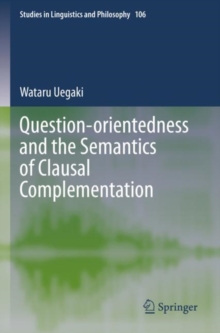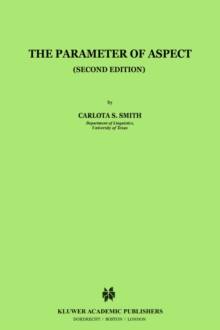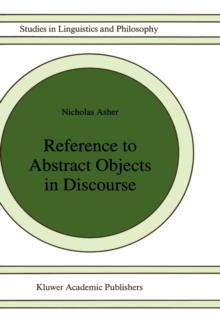
Foundations of Logico-Linguistics : A Unified Theory of Information, Language, and Logic PDF
by W.S. Cooper
Part of the Studies in Linguistics and Philosophy series
Description
In 1962 a mimeographed sheet of paper fell into my possession.
It had been prepared by Ernest Adams of the Philosophy Department at Berkeley as a handout for a colloquim.
Headed 'SOME FALLACIES OF FORMAL LOGIC' it simply listed eleven little pieces of reasoning, all in ordinary English, and all absurd.
I still have the sheet, and quote a couple of the arguments here to give the idea. * If you throw switch S and switch T, the motor will start.
There- fore, either if you throw switch S the motor will start, or, if you throw switch T the motor will start . * It is not the case that if John passes history he will graduate.
Therefore, John will pass history. The disconcerting thing about these inferences is, of course, that under the customary truth-functional interpretation of and, or, not, and if-then, they are supposed to be valid.
What, if anything, is wrong? At first I was not disturbed by the examples. Having at that time consider- able personal commitment to rationality in general and formal logic in par- ticular, I felt it my duty and found myself easily able (or so I thought) to explain away most of them.
But on reflection I had to admit that my expla- nations had an ad hoc character, varying suspiciously from example to example.
Information
-
Download - Immediately Available
- Format:PDF
- Publisher:Springer Netherlands
- Publication Date:06/12/2012
- Category:
- ISBN:9789400998209
Other Formats
- Paperback / softback from £43.65
Information
-
Download - Immediately Available
- Format:PDF
- Publisher:Springer Netherlands
- Publication Date:06/12/2012
- Category:
- ISBN:9789400998209










